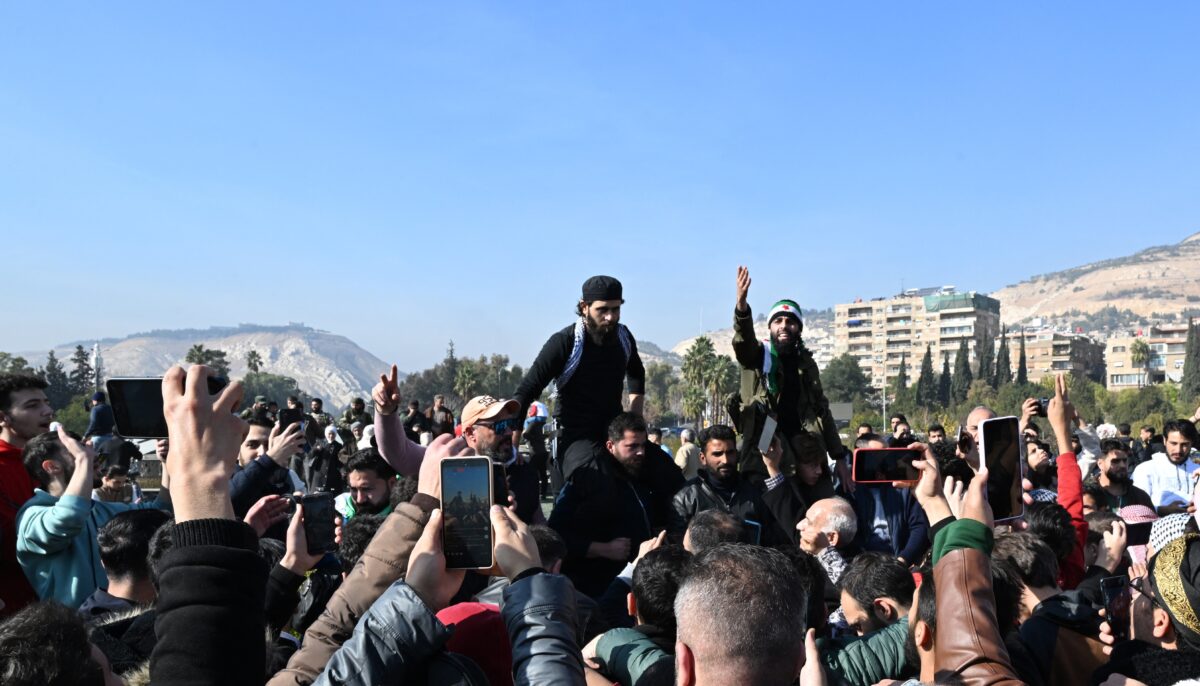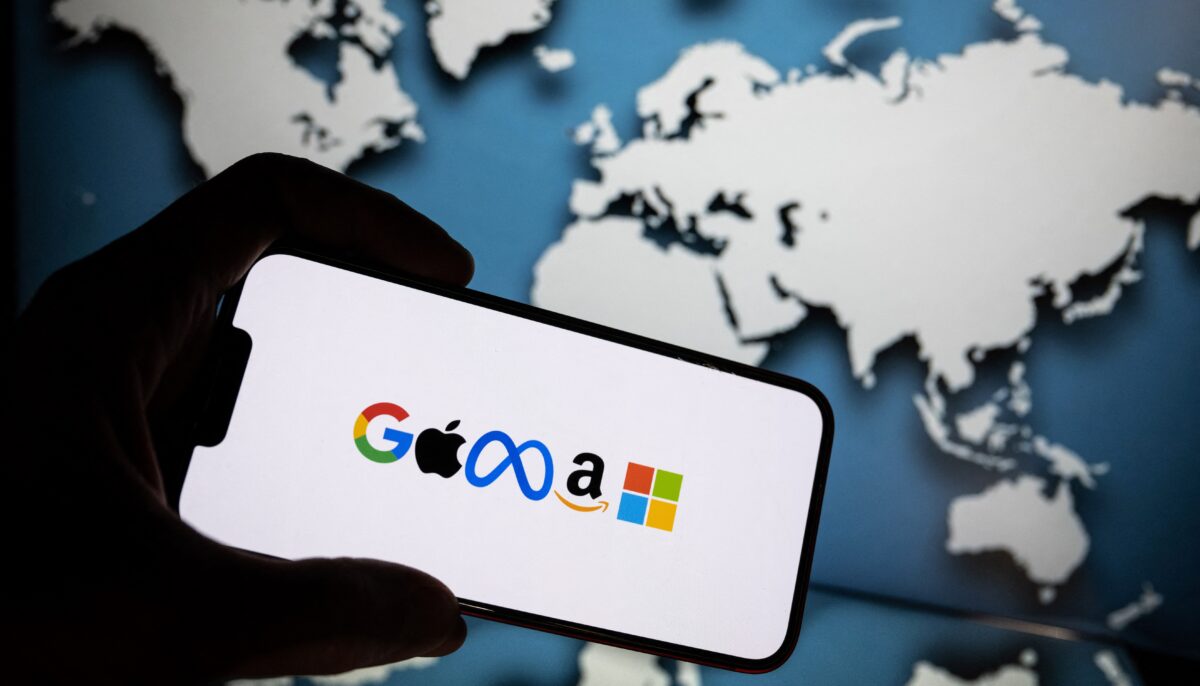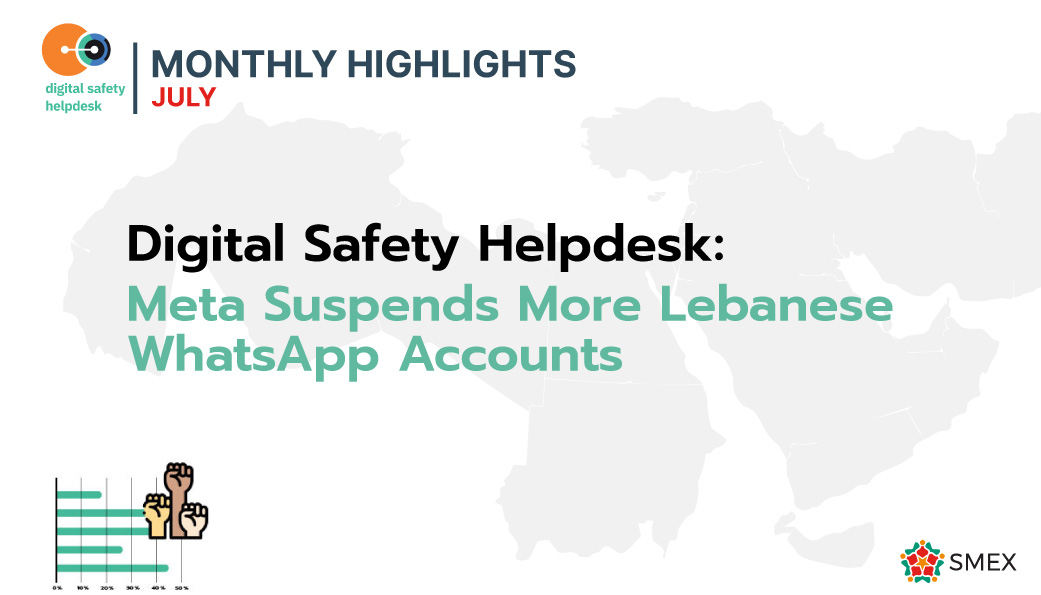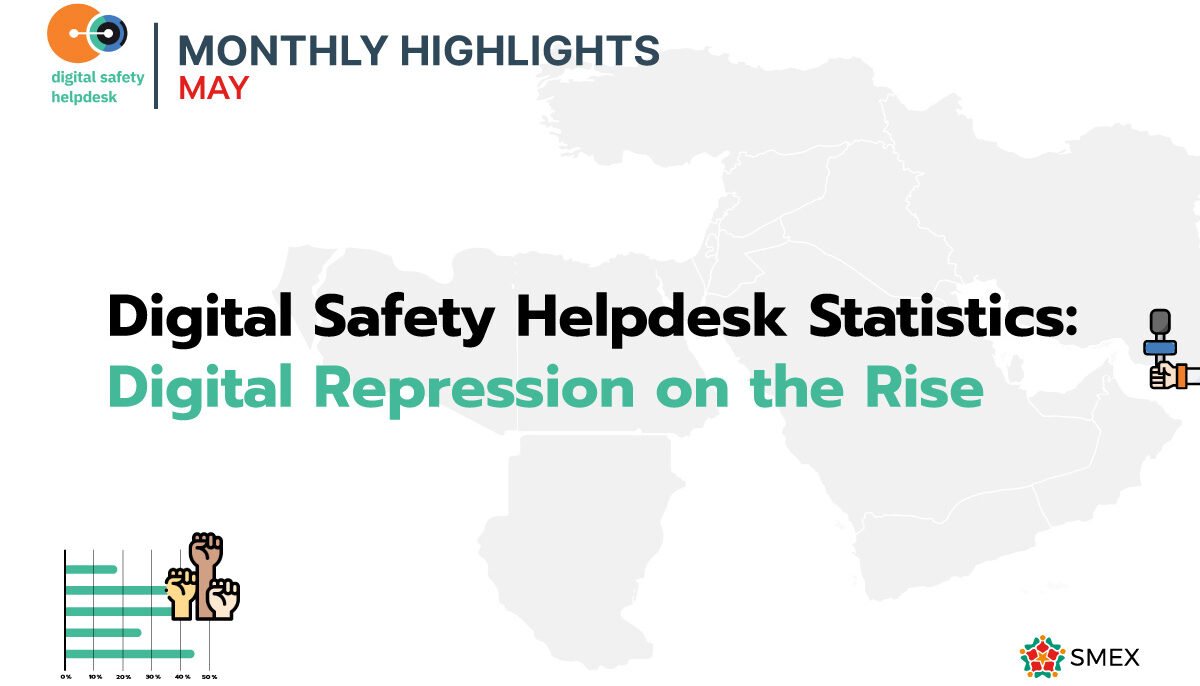
Categories
Research Report: Confronting Structural Silencing: Challenges and Resistance Among Digital Feminist Activists in Lebanon
We’re sharing a new, in-depth study conducted by SMEX exploring the evolving landscape of feminist digital activism in Lebanon—specifically the…
Disinformation fuels sectarian unrest in Syria [Opinion]
After over half a century of oppression under the Assad regime, on December 8, 2024, Syrians awoke to a new…
Why did Türkiye ban Instagram for nine days?
In early August 2024, Turkey made headlines by imposing a sudden and controversial ban on Instagram, one of the country’s…
Tech at the Service of Occupation
A recent investigation by Israeli media confirmed that the occupation has been relying on tech giants’ cloud services to store…
Digital Safety Helpdesk: Meta Suspends More Lebanese WhatsApp Accounts
Last June, the Digital Safety Helpdesk at SMEX handled a surge in account suspensions and activity restrictions, which comprised 38%…
Digital Safety Helpdesk Statistics: Rising Electronic Repression in the Region
In May, SMEX’s Digital Safety Helpdesk addressed 133 digital threats spanning account suspensions, cyber violence, sexual blackmail, content moderation, and…
Do eSIMs Work in Lebanon?
“Are you interested in connecting to the internet without a physical SIM card?” A video circulating in Lebanon discusses how…








